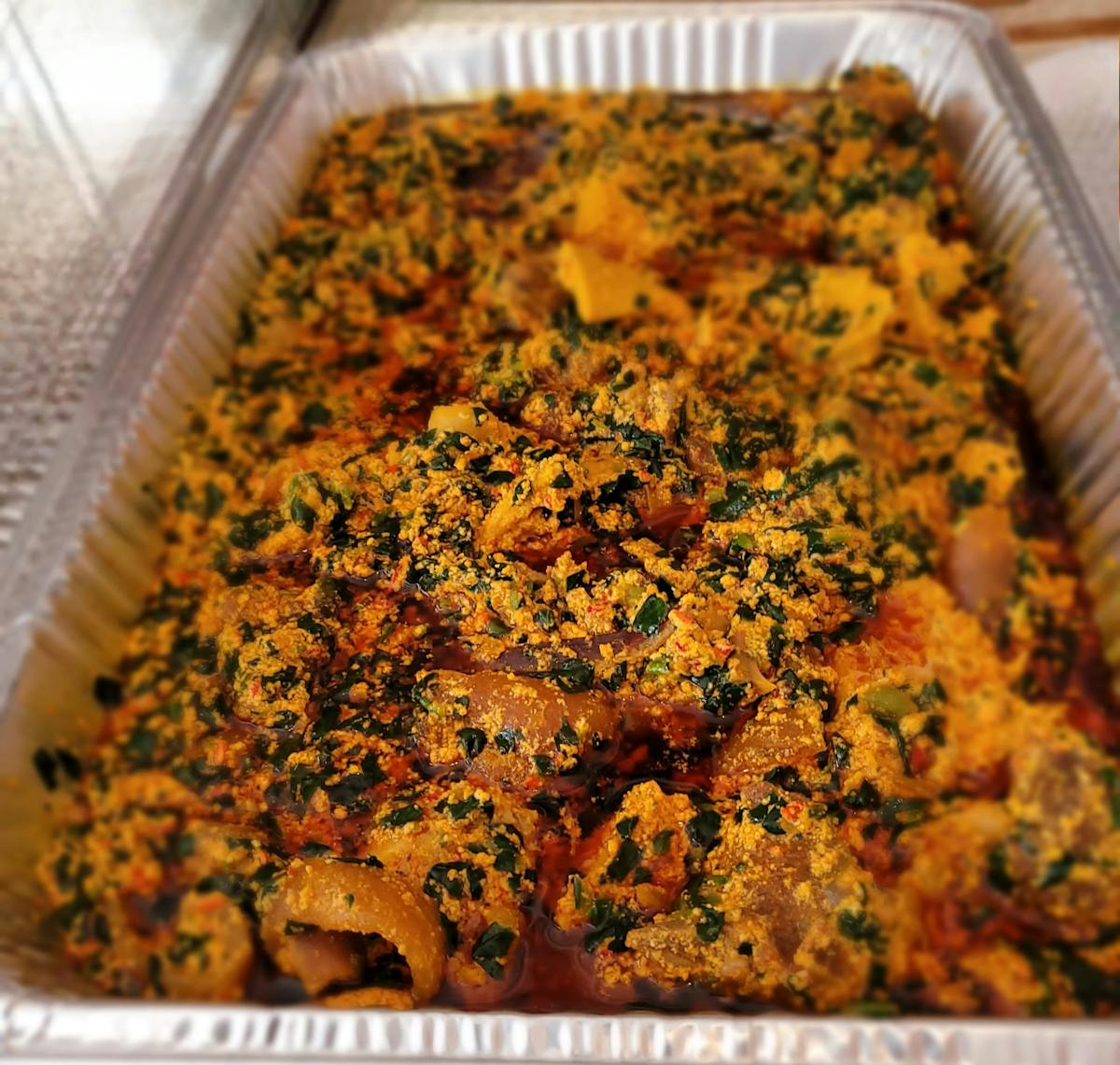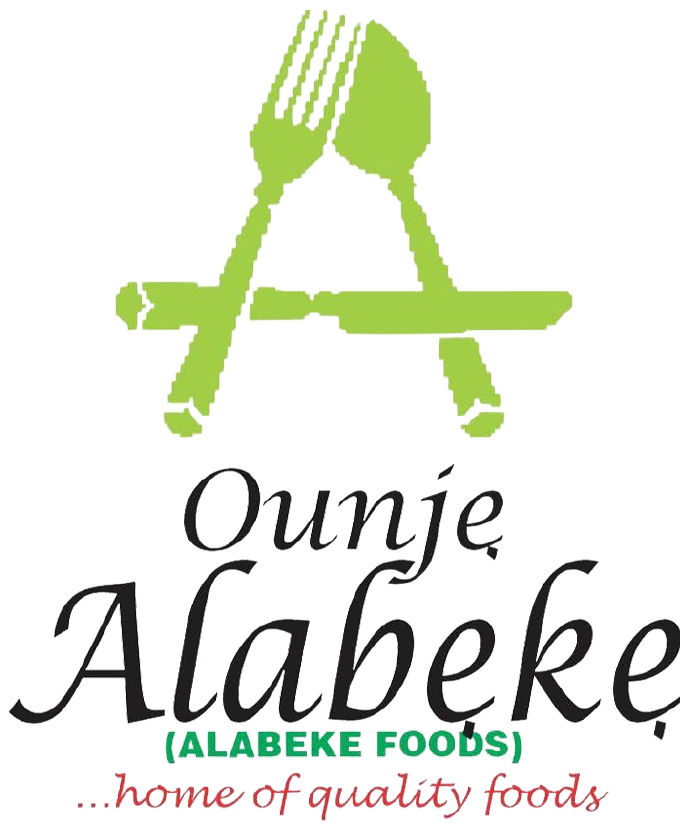Unveiling the Story behind Egusi

Photo Credit: Ounje Alabeke
Egusi soup is a rich and flavorful dish beloved by many. But have you ever wondered about the story behind the main ingredient of this Nigerian culinary staple? Let's delve into the fascinating world of egusi.
What is Egusi?
Egusi melon seed is derived from the Egusi gourd and looks very similar to a watermelon. While the English call it white-melon seed or Mann’s cucumeropsis, the Yoruba, Igbo, and Hausa tribes know it as egusi, egwusi, and agushi, respectively. These tiny seeds are packed with protein and healthy fats, making them a nutritional powerhouse. Traditionally, egusi seeds are dried, roasted, and ground into powder before being used in various dishes.
The History of Egusi
Egusi has been a staple in West African cuisine for centuries. It's believed to have originated in the regions now known as Nigeria, Ghana, and Benin. The versatility of egusi has contributed to its widespread popularity. This popular seed can be used in soups, stews, and even as a base for sauces.
The Art of Preparing Egusi
Preparing egusi is a culinary art form. The process involves roasting the seeds to perfection, grinding them into a fine powder, and then blending it with water to create a smooth paste. This paste is the foundation for the rich and flavorful egusi soup.
At Ounje Alabeke, we take pride in our egusi soup. We use only the finest quality egusi seeds to create a dish that is both authentic and delicious. In addition, we have perfected the art of blending flavors to create a soup that is rich, satisfying, and unforgettable.
Whether you're a longtime fan of egusi or new to this culinary treasure, we invite you to experience the magic of this dish at Ounje Alabeke. So whenever you’re in Newark, New Jersey, you can join us on a culinary journey as we unveil the story behind egusi, one spoonful at a time.
